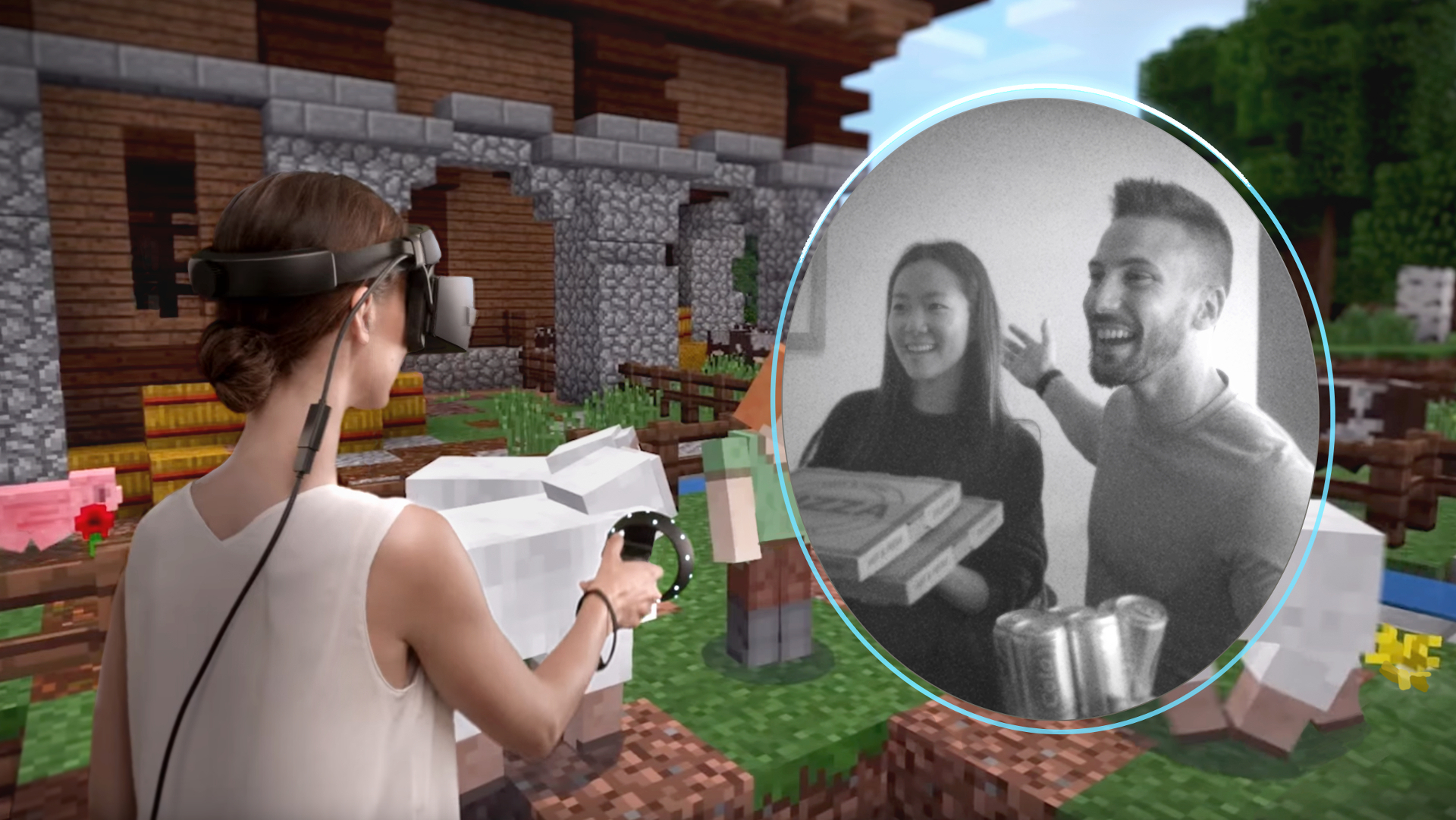Windows 10 will use machine learning to install system updates at the right time
Mixed Reality also gets a nifty change with a new Flashlight feature

Microsoft has pushed out a new preview build of Windows 10 – actually, there are two fresh builds, but with no real differences between them – which makes a major change in terms of trying to avoid Windows updates happening when you don’t want them to by using clever machine learning tech.
But first off, you might be wondering why two builds have been released. Well, one of them is build 17723 which is for the next Redstone 5 update due later this year, and that’s going to fast ring denizens. The other is build 18204, which is for the following update due to land in the first half of 2019, and this is winging its way to ‘skip ahead’ testers.
Essentially, Microsoft is splitting testers into two groups now, and although there are no noticeable differences between these two builds currently, going forward there will be.
As mentioned, the most interesting change for build 17723/18204 is that Microsoft is now employing predictive algorithms (machine learning) to attempt to judge the right time to restart your PC when applying updates for Windows 10.
In other words, the system will try and avoid restarting at inconvenient times like when you’re using the machine and are in the middle of something, or when you’ve just nipped away from the PC for a couple of minutes, perhaps to get a snack. Predictive models will be employed to more accurately adapt to how you use your computer to attempt to get all this right.
Of course, the OS may still get things wrong – particularly as this is early testing – but Microsoft claims it has already seen “promising results” using the system. So, fingers crossed that this could be an end to any potential disruption caused by an impending update firing off a bad time.
Flashlight fun
Another notable introduction is a feature called Flashlight for those using Mixed Reality. This is designed for those instances where you’re immersed in a virtual world, but suddenly need to take a peek back into the real world – maybe you’ve got to talk to someone who has just come over to your desk, or perhaps pick up a drink.
Sign up for breaking news, reviews, opinion, top tech deals, and more.
Normally, this sort of thing might involve temporarily removing the headset, or fumbling around trying to feel for the beverage in question with your hand, but Flashlight (which can be accessed by a voice command or button shortcut) opens a circular portal into the real world on your screen, using a camera feed connected to your controller.
The end result is an experience like shining a torch to open said portal into the real world, allowing you to engage with it for a time, before returning to the virtual world when you switch Flashlight off. It’s a neat idea for sure.
The other changes in builds 17723 and 18204 are more minor, including Windows 10 getting a flood of new emoji – 157 of them – along with tweaks to existing emoji designs.
There’s also the inevitable work on the Edge browser which gets fresh Group Policies and MDM (mobile device management) settings. This will doubtless be useful stuff for IT admins configuring work devices.
Microsoft has tweaked the accuracy of Windows 10’s timekeeping, too, with support for ‘leap seconds’ and ‘precision time protocol’. Essentially, this ensures that the operating system’s clock is absolutely spot-on.
Finally, you can now access the Game bar more easily, either directly from the Start menu, or simply by pressing the Windows + G keys together at any time.
As ever, there are a whole load of other minor changes and known issues, so check out Microsoft’s blog post for the full exhaustive details.
- Some of the best laptops of 2018 run Windows 10
Darren is a freelancer writing news and features for TechRadar (and occasionally T3) across a broad range of computing topics including CPUs, GPUs, various other hardware, VPNs, antivirus and more. He has written about tech for the best part of three decades, and writes books in his spare time (his debut novel - 'I Know What You Did Last Supper' - was published by Hachette UK in 2013).